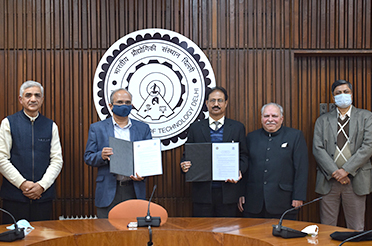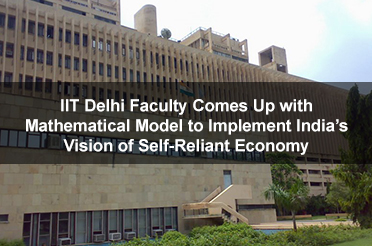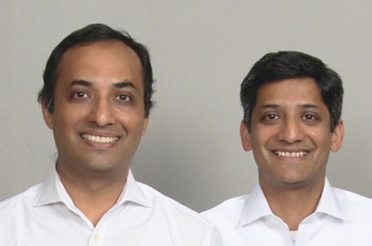Publish Date: 12th January 2021
IIT Delhi Faculty Comes Up with Mathematical Model to Implement India’s Vision of Self-Reliant Economy
Share this on
An IIT Delhi faculty from its Management Studies Department has come up with a mathematical model for implementing India’s vision of a self-reliant economy.
Prof. Surya Prakash Singh and his research scholar Shubhangini Rajput in their research paper titled ‘Industry 4.0 Model for circular economy and cleaner production’, published in the Journal of Cleaner Production, have highlighted how the traditional Indian industrial sector is lagging behind in implementing Industry 4.0 concept in their manufacturing processes and has offered a tangible solution for implementing it.
The proposed novel model by Prof Singh for Industry 4.0 set-up to achieve circular economy and cleaner production shows how the efficient use of high, medium and low precision machine variants in a non-conventional manufacturing environment can bring paradigm shift for Industry 4.0.
The model presents the economical trade-off among various processing costs and energy consumption of the machines in an Industry 4.0 ecosystem relevant for an industrialist looking to migrate towards an Industry 4.0 environment for ethical business.
The model is of its first kind, which shows the strategic implementation of Industry 4.0 philosophy mathematically to fulfil the dream of Make-in-India initiatives at low environmentally sustainable cost.
The model currently considers various industrial costs such as set up, energy consumption, sensor, maintenance, installation, calibration, and transmission cost. The model also takes care of industrial constraints such as production capacity, inventory and demand. The model paves the way to meet low cost production demand in Industry 4.0 environment. The model is capable to consider other relevant cost information as per the need of an Industry.
Prof. Surya Prakash Singh, Dept. of Management Studies, said: “The model is tested computationally with large sets of data for multi-product in a multi-time period manufacturing environment and validates the implementation of the model for a traditional manufacturing industries”.








